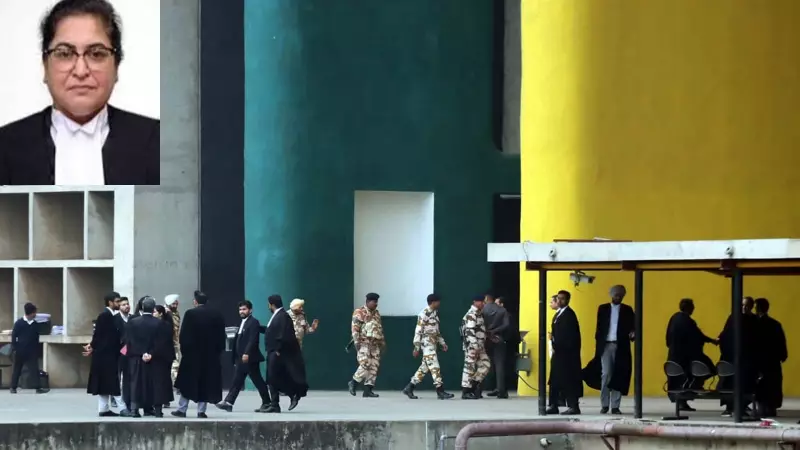
High Court Intervenes as Key Witness Faces Security Threats
The Punjab and Haryana High Court has taken serious note of security deficiencies faced by Balwinder Singh, the prime witness in the 1995 assassination of former Punjab Chief Minister Beant Singh. Justice Vinod S Bhardwaj's bench issued formal notices to the Chandigarh Administration and Punjab Government, directing them to explain why adequate protection hasn't been provided despite multiple court directives.
Decades of Living Under Threat
Balwinder Singh, now 54 and residing in Nayagaon, Mohali district, has lived under constant threat for nearly three decades since his testimony helped unravel one of India's most devastating terror attacks. On August 31, 1995, a suicide bomber detonated an RDX-laden Ambassador car outside Chandigarh's Civil Secretariat, killing Beant Singh and 16 others. The attack was orchestrated by Babbar Khalsa International (BKI) and Khalistan Commando Force (KCF) targeting the chief minister for his aggressive anti-militancy stance.
In his petition filed through Advocate Nikhil Ghai, Balwinder Singh revealed shocking details about the security personnel currently assigned to protect him. He alleges that the Punjab Police guards indulge in drugs and alcohol while on duty, rendering the security arrangement "inadequate and ineffective" against ongoing threats from Khalistani terrorists.
The Pivotal Testimony That Cracked the Case
Balwinder Singh's role proved crucial in solving the high-profile case. Working as a car painter and mechanic in Sector 7C, Chandigarh, he had unknowingly painted the steel-grey Ambassador (registration DL 7C DBA-958) white just days before the blast. The vehicle, purchased from a Delhi doctor's cousin and specially modified for the suicide mission, was brought to his shop on August 26, 1995 by Lakhwinder Singh (alias Lakha) and Dilawar Singh, the eventual bomber.
"I had no idea it was for such a heinous act," Balwinder stated in his affidavit, describing how the militants returned on August 29-30 for final modifications. Co-conspirator Balwant Singh Rajoana, later convicted and sentenced to death (commuted to life in 2019), supervised denting work and front mirror installation at the shop.
Two days after the explosion, on September 2, Balwinder recognized the mangled vehicle from a newspaper photograph and matched its number plate. His disclosures not only traced the car's origins but also revealed militant hideouts in Kansal village near Mata Mandir, leading to multiple arrests and helping unravel the conspiracy masterminded by Jagtar Singh Hawara and others.
Court Directives and Ongoing Security Concerns
The High Court has directed several key officials, including the Director Generals of Police of Punjab and Chandigarh, and the Senior Superintendent of Police, Chandigarh, to file their responses by the next hearing scheduled for December 11. Justice Bhardwaj granted time to the respondents for compliance with the court's directives.
Despite receiving a Rs 10 lakh reward from former CBI director Vijaya Ramarao for his courage, Balwinder Singh received no initial protection. Over the years, courts have repeatedly intervened to provide him security, but the current arrangement remains problematic. The witness has now requested:
- A time-bound threat assessment by a joint CBI-SIT team
- Interim deployment of CRPF or elite guards
- Biometric checks on security personnel
- Urgent decision on his representation to the Chandigarh DGP
The case highlights continuing concerns about witness protection in high-profile terrorism cases and the persistent threat from Khalistani extremist groups even decades after the insurgency period.





